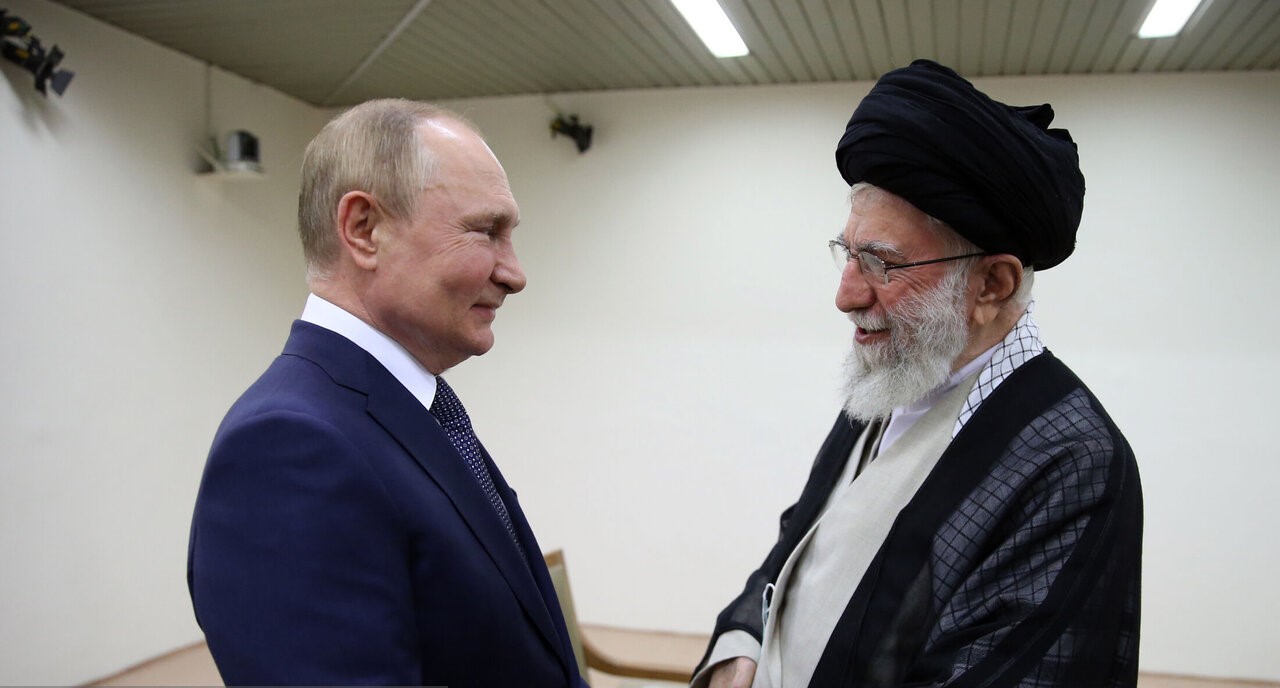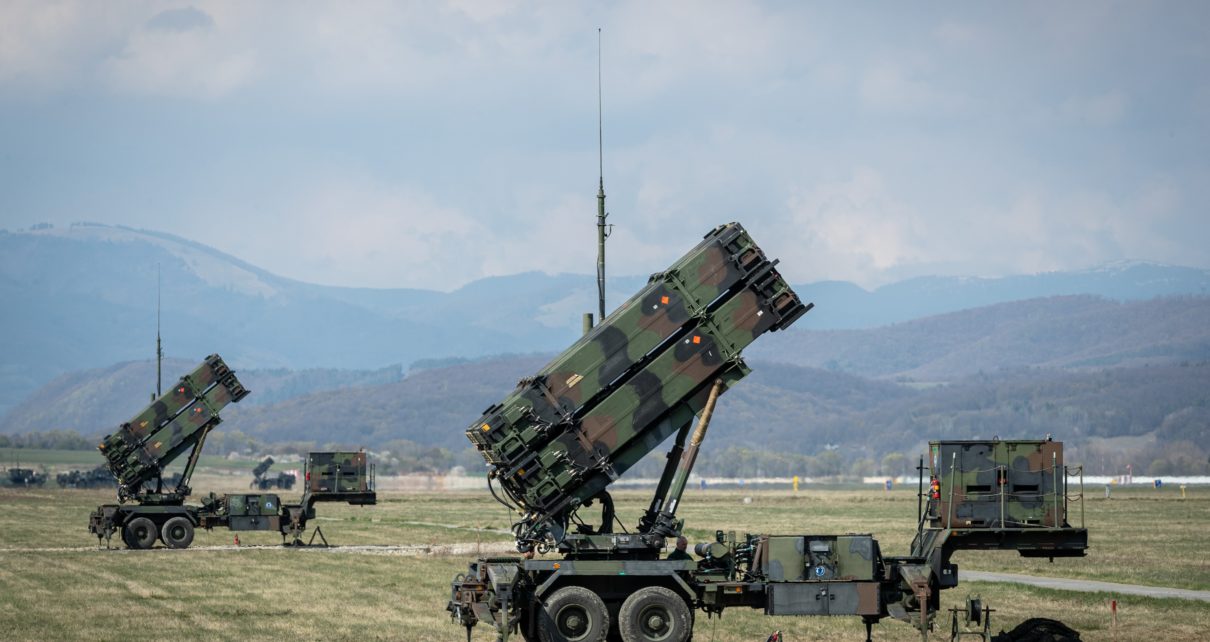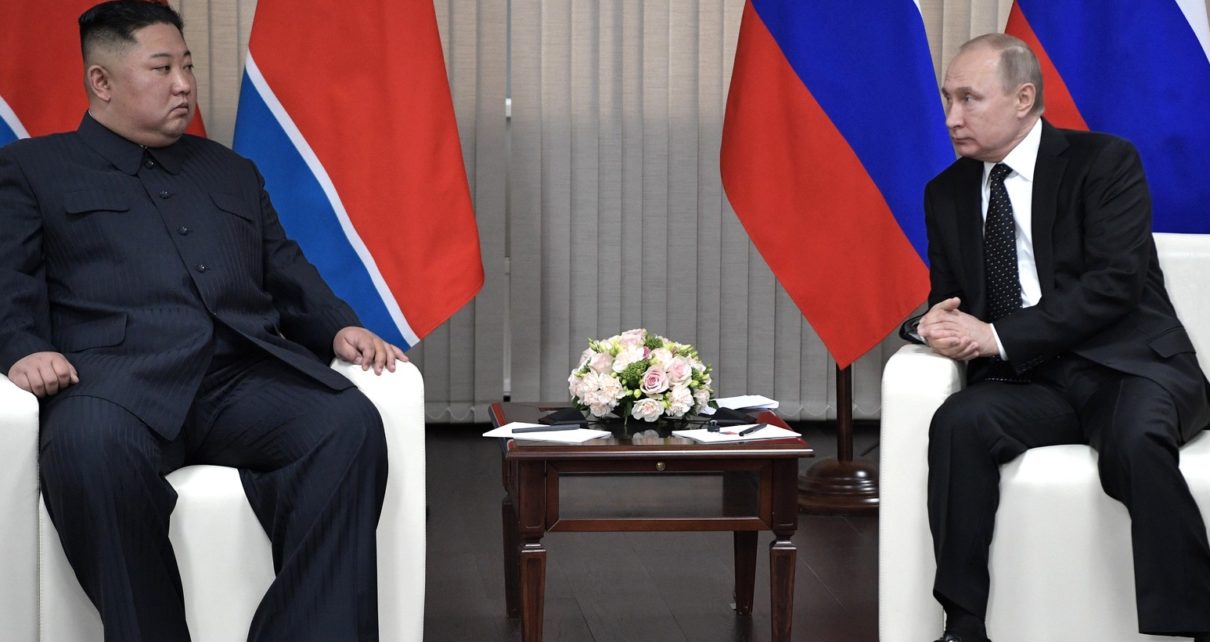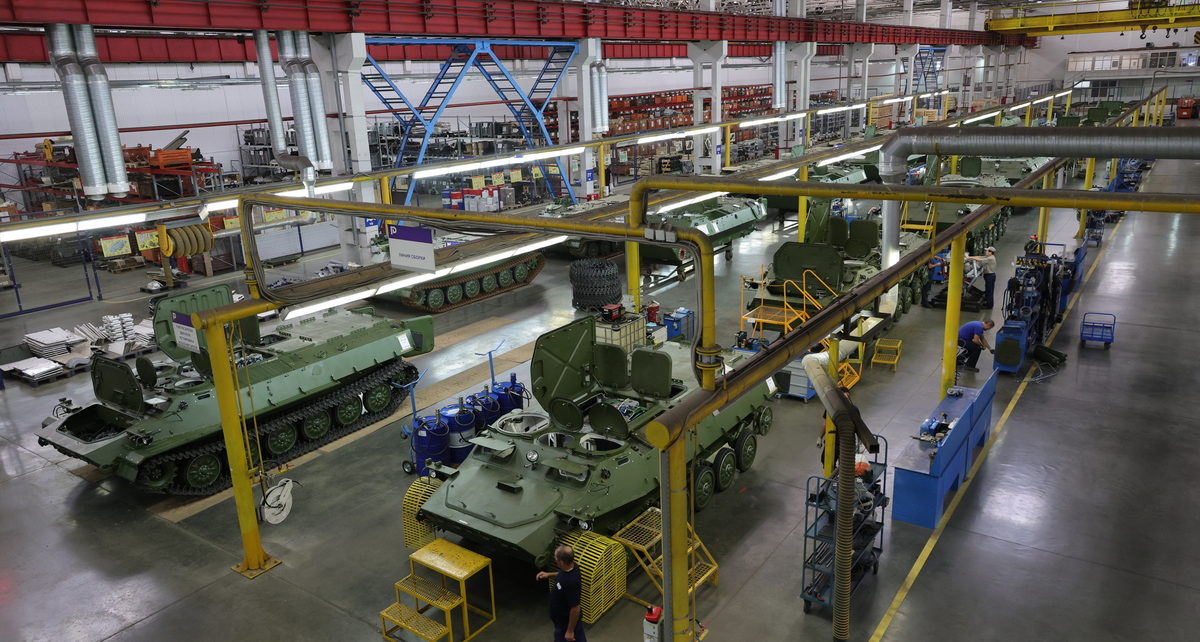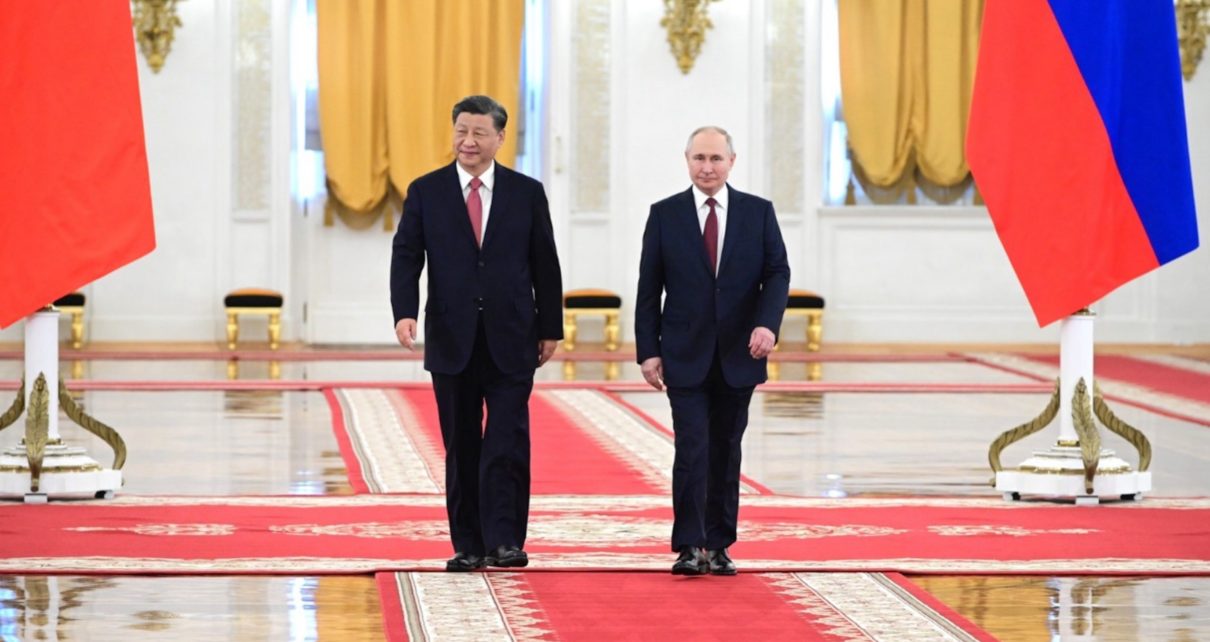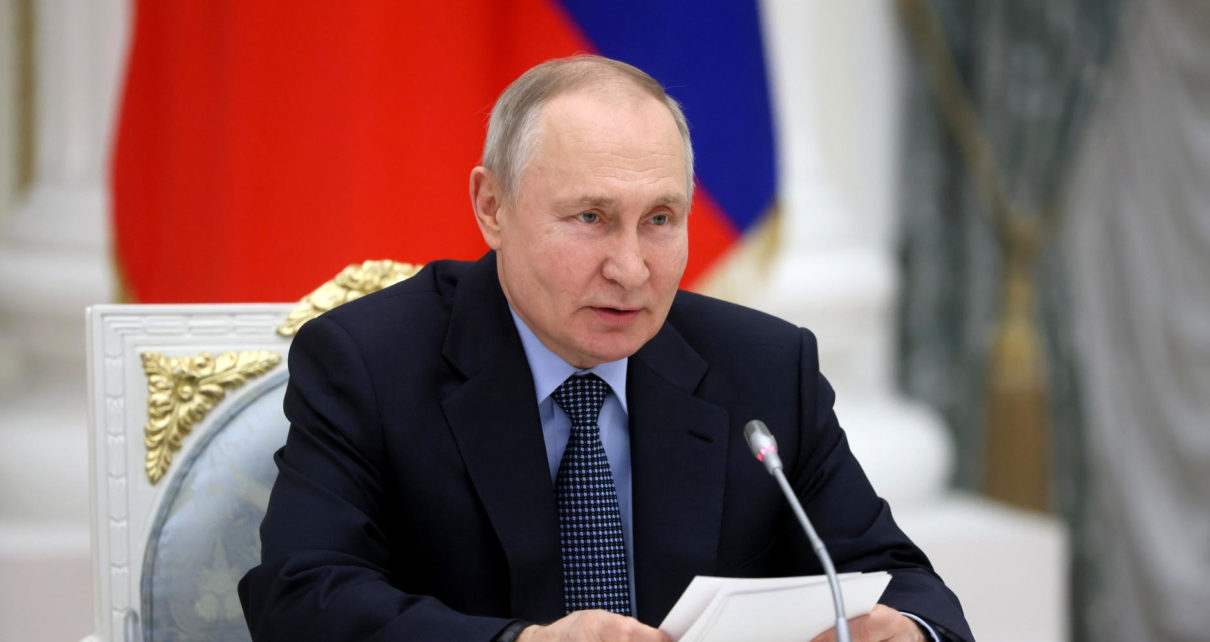Amidst the tumult of conflict in Ukraine and instability in the Middle East, the partnership between Russia and Iran is at a historic juncture and is ripe for potential multifaceted cooperation. With Western sanctions, defence production and supply vulnerabilities persist for both these states, which seek to advance their respective interests and authoritarian model of Read More…
Tag: Russia
An Explanation of Western and Russian Interests and Aims in the Francophone West African “Coup Belt”
Since 2020, there have been seven coups in six French-speaking West African countries. Many of them have involved conflicts between military groups or established governments supported by France, and by extension the West and NATO, and rebel groups or juntas supported by Russia. France’s role as the main patron of established power in these countries Read More…
A Breakdown of the United States’ $61 Billion Aid Package to Ukraine and Lessons for Canada
Since the Russian invasion in 2022, Ukraine has been a significant recipient of aid from the United States and dozens of other NATO member states, including Canada. This past April, after a six-month delay in Congress, the United States’ legislature voted to pass a much-anticipated $61-billion dollar aid package to Kyiv, its most extensive contribution to date. Ukraine’s president, Volodymyr Read More…
Canada’s Need For A Comprehensive Arctic Strategy Amid Russian And Chinese Threats
On August 26, 2022, NATO’s Secretary General Jens Stoltenberg warned Canada’s Prime Minister Justin Trudeau about Russia and China’s investments and intentions to build military, commercial, and industrial capacities in the Arctic. This is not new information. Russia and China made their Arctic strategies publicly available in 2009 and 2018, respectively. News articles frequently detail their interests and successes in the region. Despite this, Canada has Read More…
Rogue Allies: A Partnership of Desperation, Russia and North Korea
As Russia experiences growing isolation since its invasion of Ukraine, Moscow has sought to deepen its relationship with the Democratic People’s Republic of Korea (DPRK). This relationship, which had previously collapsed with the Soviet Union’s dissolution in 1991, has witnessed a prominent resurgence. The new relationship is marked by secrecy and mutual assistance aimed at Read More…
Special Report: The Battle Behind the Production, Russia’s Defence Industry and the Paradigm of its Strategic Advantage in the Land Domain
Disclaimer: Any views or opinions expressed in articles are solely those of the author and do not necessarily represent the views of the NATO Association of Canada. Russia’s recent success on the battlefield has been directly influenced by the robustness of the Russian defence industry’s land-domain sector. This sector can be characterized by its focus Read More…
Special Report: Unveiling Western Business Implications in the Russian Defence Industry’s Supply Chains
Significant attention has been drawn to the adaptability of Russia’s defence industry and how it has diversified its supply chains, circumvented sanctions, and bolstered its ability to conduct its war of aggression on Ukraine. While scrutiny has been directed towards adversaries, such as Iran and North Korea, and intermediaries (e.g., China), including Western allies and Read More…
Continuing Navalny’s fight: towards a Democratic Russia.
It’s been over two months since Alexei Navalny died in prison. Internationally recognized as Vladimir Putin’s leading critic, Navalny led a bold and courageous journey of challenging the corruption of the Kremlin. In 2011, he founded the Anti-Corruption Foundation to expose the government’s deceitful activities and actively led protests rallying against Putin’s regime. Navalny believed Read More…
Navigating BRICS Expansion with an Eye to China and Russia: A Strategic Perspective
BRICS, the hitherto five-state grouping of emerging countries that, until now, included Brazil, Russia, India, China and South Africa, expanded in early 2024. This enlargement doubled BRICS’ membership to include authoritarian members Egypt, Ethiopia, Iran, Saudi Arabia, and the United Arab Emirates (UAE), but with Argentina desisting from joining after the election of President Milei. This is the first BRICS Read More…
Forever Putin? The Greater Implications of Russia’s Election Results.
A fifth term secured in power. Another six years claimed as the country’s head of state. On track to becoming the Kremlin’s longest serving leader since Soviet dictator Joseph Stalin. Welcome to the world of Mr. Vladimir Putin. Last month, Russia held its eighth presidential election, although it was predetermined who would emerge victorious. Yet, Read More…

